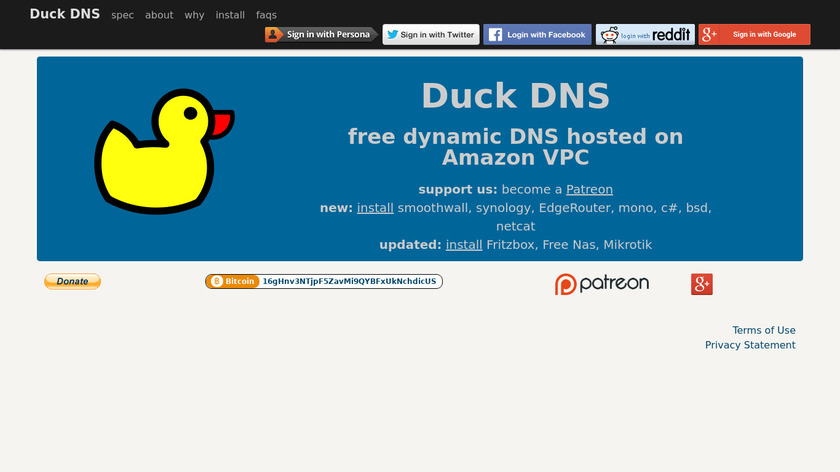Everything You Need To Know About Website Hosting

The internet is a huge place, and there are so many things that we didn’t think about or that we knew at all that such things exist. For many, the concept that they don’t know anything about, or at least not enough is web hosting. Here we will try to introduce you to this concept and possibly you can find good use of it.
What Is It?
Getting a website up and running may be a time-consuming process, and the sort of web hosting you pick, as well as the technology (servers) utilized by the provider, can determine a lot of the effort, functionality, and final design. To host a website, you don’t technically require a hosting company. A web server can be run on any computer. However, setting up a server is difficult, and there is a lot to consider. That is why the majority of organizations deal with web hosting companies that employ dedicated machines that give the finest performance and security. Many web servers appear to offer identical services with minor pricing differences at first sight. However, if you look closely, you’ll see some big changes. It is very important to closely check out the best web hosting services and choose the one suitable for your needs. Not all hosting companies give the same degree of service, storage, functionality, security, or scalability. If you want to secure your company’s scalability and profitability, you must choose the correct web host. We will try to present to you some things that you should consider before signing up to some web host so that you could tell what is acceptable and what is not.
What Do You Need
Before you choose a web hosting firm, you must first determine your hosting requirements as well as your organization’s long-term objectives. Consider your long-term objectives, because while you may not have a high-traffic website as a startup, considerable growth may compel you to migrate to a more expensive platform to maintain service standards.
Ask yourself the following questions to evaluate your hosting requirements, including the kind of servers, services, and site architecture you’ll need:
- What type of website are you creating – will it just serve as a repository for corporate information or will it require more interactive elements?
- What features will your website have – will there be a client database, and will private and secure information be transferred?
- What sort of traffic increase is anticipated – will it be a blog with a steady stream of visitors or an eCommerce site with frequent traffic spikes?
- Will your site require many subdomains to host various websites?
- Do you want to expand the business and add new features as it grows?
- Will you require third-party software integration now or in the future?
- Do you expect your site to require any particular code (PHP, java,.net, etc.)?
- What type of material is being supplied – will an ever-growing audience necessitate a substantial amount of dependable bandwidth?
- How many pages will your site have – with value/economic hosting plans, some providers limit the number of pages allowed.
- Is your website vital to your company’s success and growth – how will downtime affect your revenue? Is uptime a crucial consideration?
- Will your site require email hosting?
Make the Right Choice
You’ve undoubtedly encountered terminology like shared, VPS, dedicated, cloud, WordPress, and reseller if you’ve spent any time on a web host’s website. They represent the many forms of web hosting, however not every web host provides all of them.
Almost every web host provides shared hosting, which is the most affordable type of web hosting. When you utilize shared hosting, your page shares a server and server resources with many other websites. Shared hosting is the way to go if you want to keep your web hosting prices low and don’t expect a huge number of users. This type of website hosting should be around $10 per month. This type of hosting is ideal for tiny websites that don’t use a lot of bandwidth. Because you’re sharing resources with other sites, you should expect a temporary slowdown if one of them begins to draw a large number of visitors.
Larger companies with high traffic volumes should consider VPS or dedicated hosting, which both provide more powerful server specs. VPS hosting is similar to a more powerful form of shared hosting, with the exception that there are considerably fewer websites sharing a server’s resources, which are also better separated. Although VPS hosting is more expensive than shared hosting, monthly costs should be less than $100. Dedicated hosting allows you to place your website on its server and use all of the server’s resources. This is the most costly sort of hosting; you may pay $100 or more per month for it.
Reseller hosting enables you to launch your own branded web hosting company without having to worry about setting up the infrastructure from the ground up. WordPress hosting enables you to build a website in an environment designed for the world’s most popular content management system. And what about cloud hosting? That’s a completely separate beast that allows you to effortlessly expand the power of your website over numerous servers, albeit not every web host supports it.
Email Options
Email is a crucial component of any organization, especially for companies looking to establish a strong online presence. Choose a shared hosting platform that provides you with complete control over your email while also allowing you to scale up and add additional users as your business expands. Consider the number of email accounts or user accounts you can establish, the cost per new user, webmail access, email storage, and archive storage, email aliases, and file attachment limits when evaluating email solutions.
Supported Scripting Languages
Scripting languages are used to create websites and bespoke features, and there are several options beyond the standard (HTML5) that most people are familiar with. The sort of scripting language offered by a hosting firm will differ based on the operating systems or server types it employs. A Windows-based hosting environment, for example, could handle ASP, Active PERL, PHP, Python, SSI, Apache Tomcat, and other programming languages. The same or comparable languages, such as PHP, may be supported by Linux-based hosting, but not JAVA, ASP, or JSP, or some Windows components. Determine the language in which your site will be constructed and confirm that your web host supports that language.
Hopefully, we were able to present web hosting in a good way and that what we said is beneficial to your needs.





